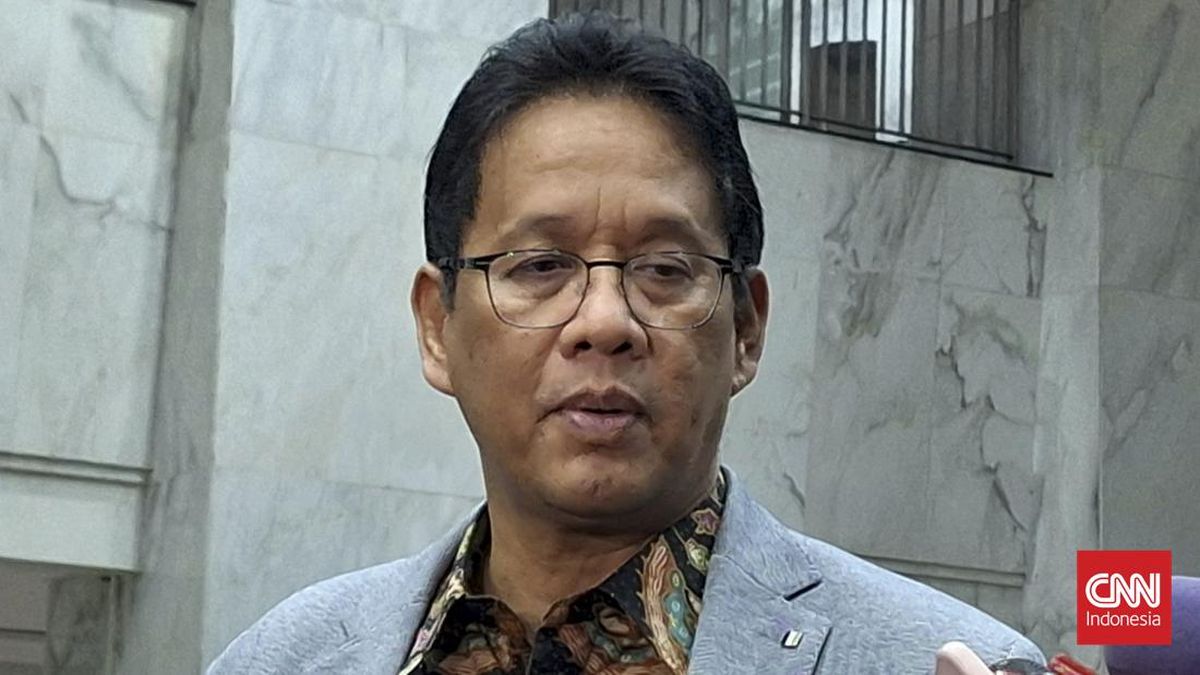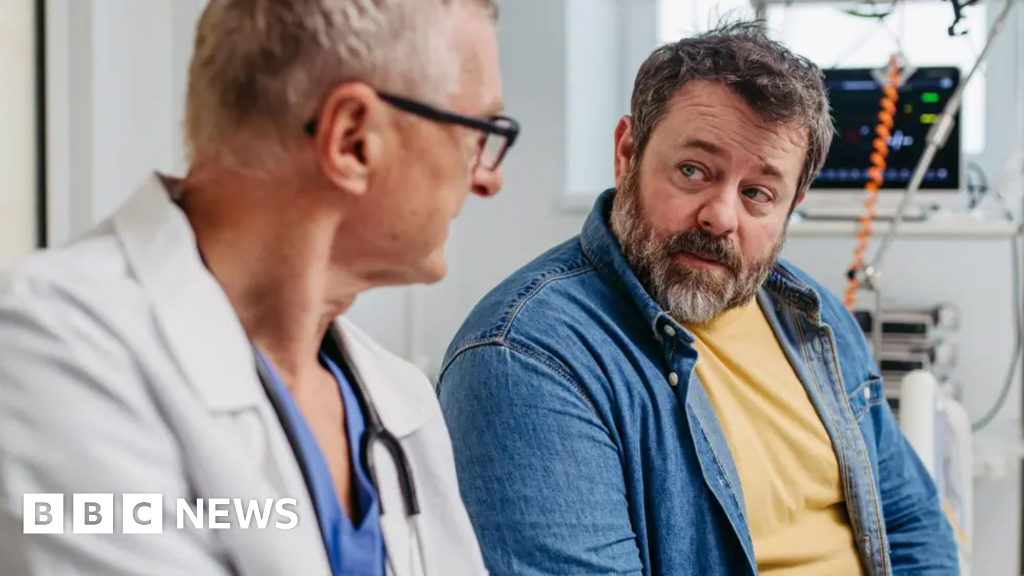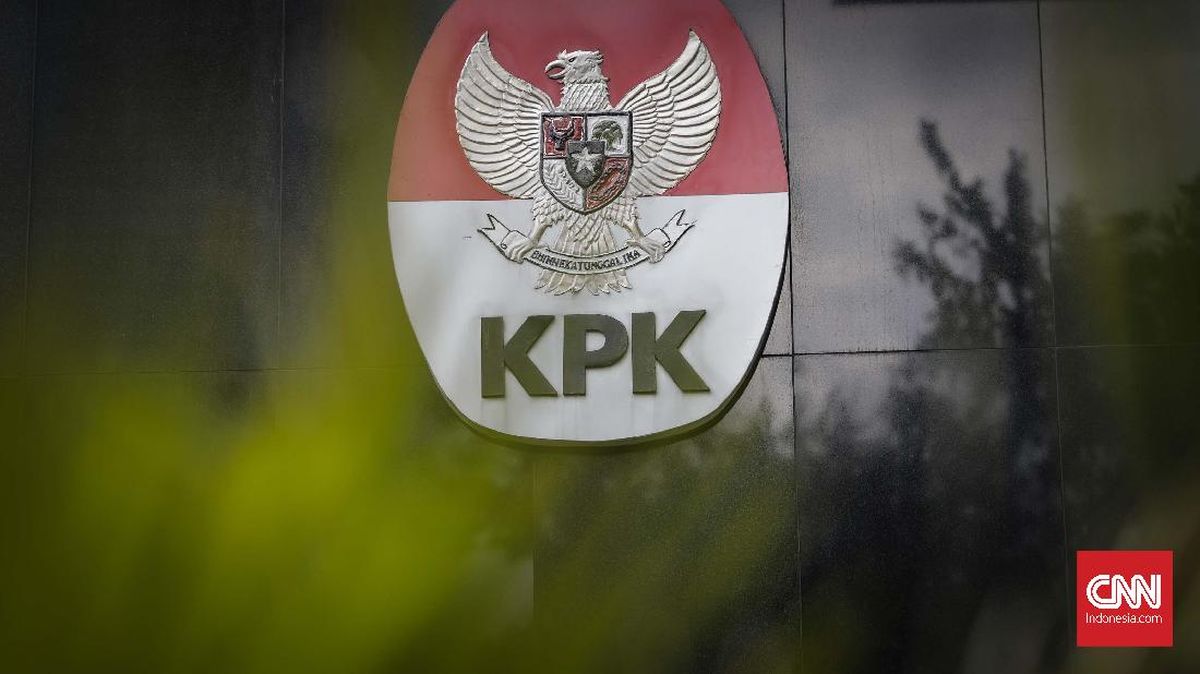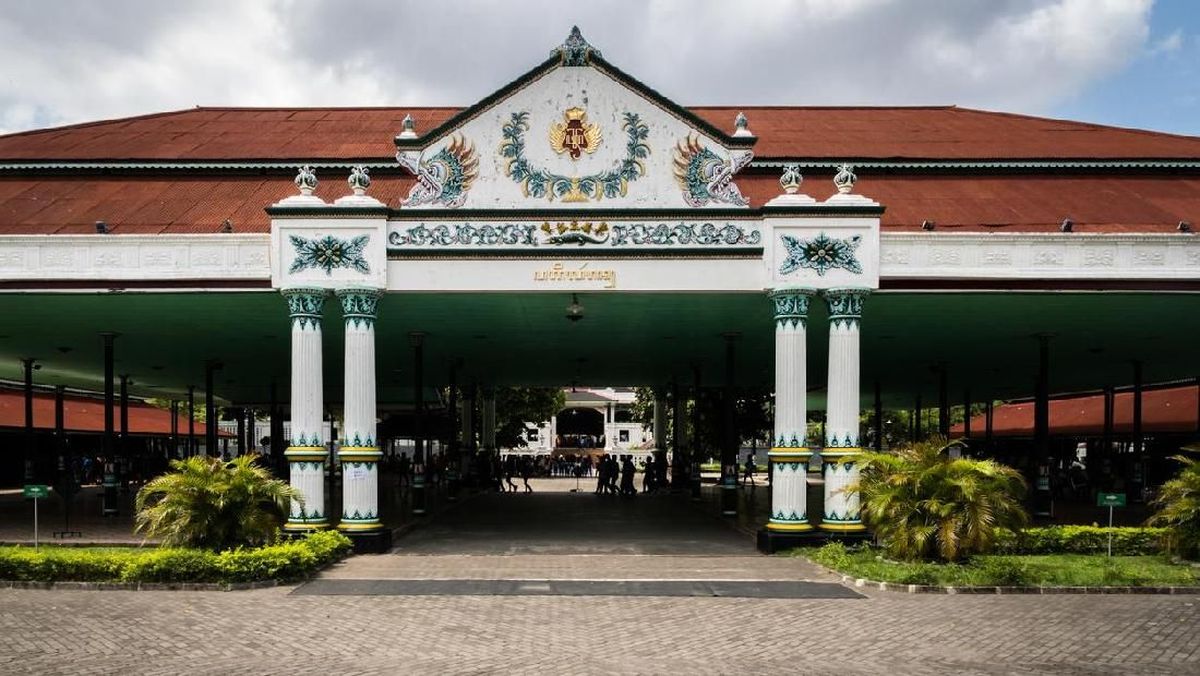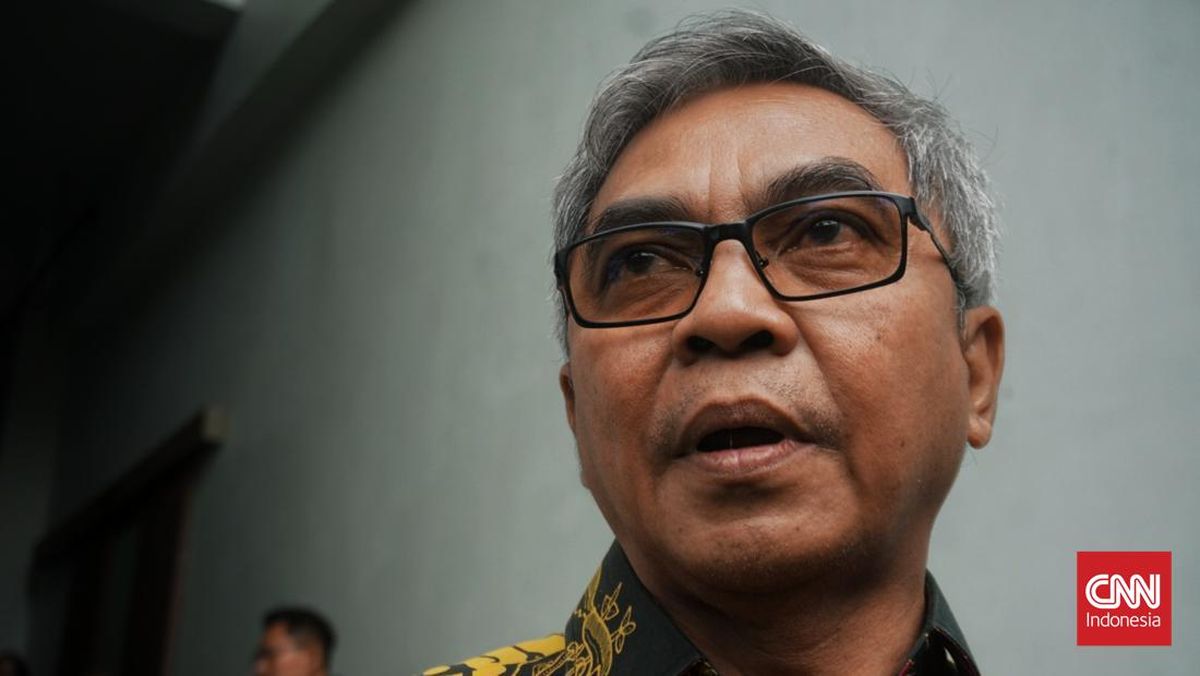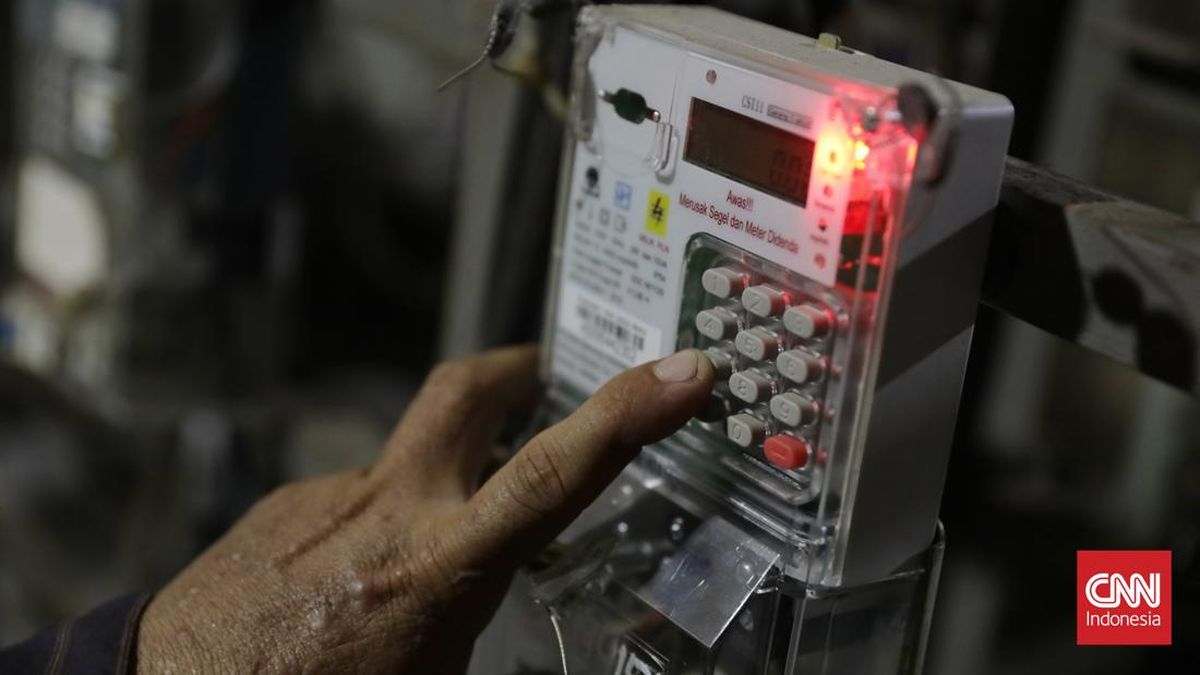Strip-searches and sniffer dogs will remain in place at NSW music festivals, while medicinal cannabis users will have to wait longer for changes that would allow them to drive, after the Minns government failed to adopt key recommendations from the state’s landmark drug summit.
Former MPs Carmel Tebbutt and John Brogden in April made 56 recommendations in their report following last year’s summit, ranging from reduced conviction periods for minor drug offences to expanded supervised injection clinics.

Police Minister Yasmin Catley and Health Minister Ryan Park at a press conference on Tuesday.Credit: Sam Mooy
In its response released on Tuesday the government accepted 50 recommendations and acknowledged a further four, but did not support the recommendation to stop using drug detection dogs and strip-searches for suspected drug possession at music festivals participating in the state’s 12-month pill-testing trial.
Critics of the trial have argued the presence of drug detection dogs at music festivals would prevent attendees from testing their drugs, but Police Minister Yasmin Catley said NSW Police were co-operating by removing sniffer dogs from entrances to pill-testing sites.
“We’re very genuine about the pill-testing trial and, as a result of that, are working closely [with NSW Health] to ensure that we get the data we need, the evidence that will back up pill testing,” she said.
Catley earlier this month apologised for an invasive and unlawful strip-search of a 27-year-old woman at the centre of a historic class action, but did not comment on whether the continuation of the policy would result in future unlawful searches with the potential to cost taxpayers millions.
“That’s all before the court for the moment and we need to wait until that process … concludes,” she said.
The government also chose to delay changes to laws for drivers with a medicinal cannabis prescription until an expert working group delivers its recommendations at the end of this year.
They noted tetrahydrocannabinol (THC), the primary psychoactive compound found in cannabis, “can affect the skills needed for safe driving” and is involved in 16 per cent of fatal crashes in NSW.
“Our road toll is increasing,” Catley said. “We need to make sure that we weigh up the risk and the benefit and ensure that that policy area is right for the time.”
Loading
The drug summit report also recommended the government review the consistency of its cannabis cautioning scheme and Early Drug Diversion Initiative.
The diversion initiative, introduced in early 2024, allows officers to issue a $400 on-the-spot fine for first or second low-level drug possession offences, but its rollout has been sporadic and inconsistent across postcodes.
“We know that it wasn’t working,” Catley said. “We’ve acknowledged that for some time now, so what we want to do is make sure that we give people the opportunity to have a health response and … receive the assistance that they need.”
Uniting NSW advocate Emma Maiden said the government had “squibbed it” by failing to implement real reform from the summit.
Loading
“The mums and dads of NSW, the people who have lost someone they love, the people who can’t access treatment … all came to the drug summit last year with goodwill,” Maiden said. “This response today is really out of touch with community attitudes.”
Health Minister Ryan Park said the government had not shied away from changes to the state’s drug policies.
“For the first time in the state’s history we are commencing a drug-checking trial,” he said. “The work in relation to medicinal cannabis and its impact on driving drug policy is not easy.
“So, to be fair, I don’t think we squibbed it.”
The government has committed to delivering the report’s first recommendation to develop a 10-year drug and alcohol strategy within the next year.
Start the day with a summary of the day’s most important and interesting stories, analysis and insights. Sign up for our Morning Edition newsletter.
Most Viewed in National
Loading






